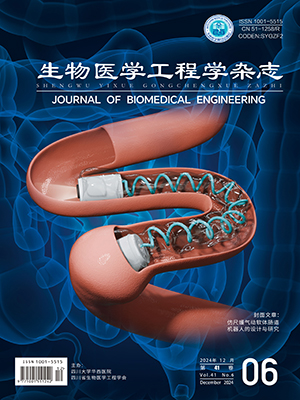Due to the decline of motor ability and the impact of the diseases, abnormalities in gait is common in the elderly population, which will raise the risk of fall and cause serious injury. This study focuses on the analysis of the gait kinematics parameters of normal adults’ gait, aiming to investigate the characteristics of gait parameters in different age groups and to explore the role of gait parameters in motor function assessment and clinical diagnosis. Based on the gait data gained by electronic walkway, the relationship among the toe out angles and their correlation with age and gender etc. were quantitatively analyzed. The results show that most normal subjects walk with positive toe out angles, and the angles increase with age. Such changes are slow in the young and middle age groups. However, the elevations of the left out toe angle and the angles between the feet are statistically significant after entering elder age ( >60 years). The results also suggest that the angle between the feet is a kind of practical gait parameter for varying applications. This study concludes that feet angle analysis is potential to provide a convenient and quantitative tool for the assessment of lower limb motor ability and the diagnosis of knee joint diseases.
Citation: GU Linyan, QIU Huaping, ZHANG Shengyu, CHEN Yidan, XU Ying, JIN Xiaoqing, NING Gangmin. Analysis of the relevance of age and toe out angle of normal adults' gait. Journal of Biomedical Engineering, 2018, 35(1): 45-48. doi: 10.7507/1001-5515.201606082 Copy
Copyright © the editorial department of Journal of Biomedical Engineering of West China Medical Publisher. All rights reserved




